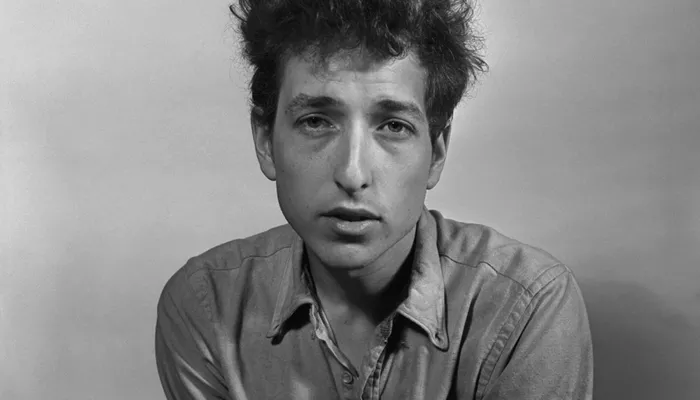Achieving a Nobel Prize in Literature is the pinnacle of recognition for any writer, acknowledging their remarkable contribution to culture, society, and the arts. The prestigious award, first presented in 1901 by Alfred Nobel, has celebrated poets, novelists, journalists, and playwrights, honoring those who have altered social and cultural landscapes through their work. While the definition of what constitutes “idealistic” has evolved over time, the goal remains clear: to celebrate individuals whose literary contributions have left an indelible mark.
But in recent years, a new question has arisen: Could music, with its poetic lyrics and societal impact, be worthy of such a distinction? With lyrics that often carry the weight of poetry and offer profound social commentary, the notion of a musician earning a Nobel Prize in Literature seems entirely plausible. In fact, one musician’s remarkable journey from folk singer to literary laureate proved this very point.
It was in 2016 when Bob Dylan made history as the first musician to receive the Nobel Prize in Literature. Recognized for “having created new poetic expressions within the great American song tradition,” Dylan’s award marked a transformative moment in the world of literature. His acceptance, however, was characteristically humble, with Dylan himself admitting his surprise at being recognized in such a way.
Bob Dylan’s rise to fame began with his mastery of poetic storytelling and his ability to weave complex social issues into unforgettable lyrics. Emerging from the folk singer-songwriter movement of the 1960s, Dylan’s unique style and voice soon became the blueprint for many other musicians who admired his ability to combine complex wordplay with striking simplicity.
Dylan’s lyrical works have long been revered for their depth and resonance, with songs like “Blowin’ in the Wind” and “The Times They Are A-Changin’” capturing the essence of the social and political upheaval of their time. As the first musician to receive the Nobel Prize in Literature, Dylan’s contribution to the art of songwriting and poetry became undeniable.
During his Nobel Prize acceptance speech, Dylan reflected on his relationship with literature and its influence on his songwriting. He shared how his literary journey began with a simple connection to “folk lingo,” which shaped his early creative work. But over time, Dylan came to see the world of literature as a source of inspiration, especially the classic texts he read as a young man.
He revealed that his early readings—works like Don Quixote, Ivanhoe, Robinson Crusoe, Gulliver’s Travels, and A Tale of Two Cities—influenced both his understanding of the world and his lyricism. Dylan acknowledged that the themes and insights he gleaned from these books found their way into his songs, either intentionally or subconsciously. “I took all that with me when I started composing lyrics,” he said, highlighting how deeply literature shaped his vision.
Despite some critics questioning whether Dylan’s songwriting could be held in the same esteem as that of traditional poets and novelists, the Nobel Committee made a clear statement. Dylan’s work, much like literature, spoke to the human experience and engaged with the complexities of life in ways that only music—and its lyrical power—could achieve.
Dylan’s Nobel Prize in Literature brings to the forefront an important question: What distinguishes music from other forms of literature? In many ways, lyrics hold the same emotional weight and social power as poetry, as they capture the human condition and reflect the cultural landscape. Dylan himself emphasized the connection between the two art forms, noting that his grammar school education exposed him to the great literary works of the past, which influenced his worldview and songwriting.
“Typical grammar school reading gave you a way of looking at life,” Dylan explained. “An understanding of human nature, and a standard to measure things by.” These lessons, he says, traveled with him as he began composing lyrics. In this sense, his music was not only an expression of his personal experiences but also a dialogue with the literary tradition.
Ultimately, Dylan’s achievement is not just a triumph for music; it is a testament to the power of lyrics as an art form. The recognition of a musician with a Nobel Prize in Literature is a celebration of how creative expression can transcend boundaries, whether in prose, poetry, or song.
Read more:

